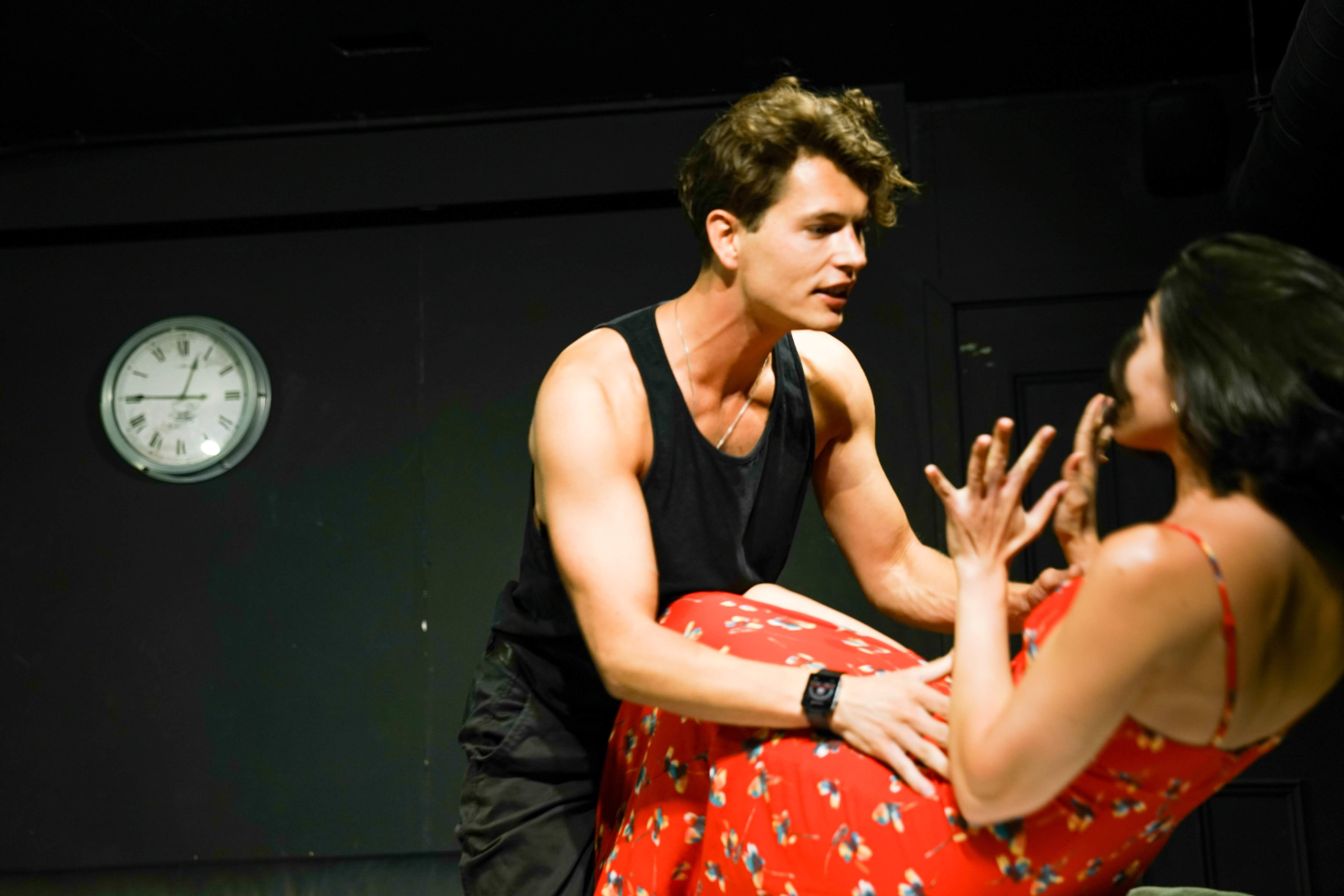
Crimes in the name of Truth
By Simon Furness
December 4, 2018
There are more crimes committed artistically speaking in the name of ‘truth’ than in the name of anything else.
It’s a hot subject. Sanford Meisner declared that Acting was ‘the ability to live truthfully under given imaginary circumstances’. The second half of that statement suggests that there might be something more involved in the creation of artistic or scenic truth than just the actor’s personal feelings or psychology.
Stanislavsky himself declared that an authentic fact and genuine reality do not exist on the stage. Reality is not art. Reality needs artistic invention – the work of a writer initially – then the actor must transform this into scenic and artistic fact. In short there is a world of difference between truth and Truth. And that difference is Art. What a difference a capital letter makes.
George Bernard Shaw declared that acting is the art of self-betrayal magnified to suit the optics of the theatre. Notice carefully the second half of that statement again. Doesn’t this definition, like Meisner’s own, suggest that that in acting and perhaps in other art forms too, something more is required than just a self indulgent display of personal feeling.
Now the aim of Stanislavsky and his Method or System was to encourage more truthful acting. He was reacting to the conventions and manners of the theatre of his time. Yet each successive generation feels itself to be more truthful or genuine than the previous generation, if the comments of actors and theatre historians are to be relied on.
Perhaps it was Stanislavsky who was the first to feel instinctively that there must be a way to use ones sense of truth as one of the elements in creating theatre art. He was certainly one of the first to codify a system or method formally.
But what truth should an actor strive for? The truth that is closest to his own personal comfort or psychology? Surely that’s only a partial truth. Are we aiming to be true-feeling actors or artists who use our true feelings as one of the tools of our craft with which to create artistic truth?
People are easily fooled, moved by falseness and resentful of the truth. As Aesop is reported to have said ‘Men applaud an imitation and hiss the real thing’. Why? Perhaps because people bring their own sense of truth to falseness – all they need is the key to real feeling. But the real truth can make people uncomfortable and then they claim it isn’t true! This is painful for an artist.
So back to acting and actors: are the ‘living the part totally’ types really living the part or are they just living themselves and adding the authors words to that experience?
One often hears actors declare that they ‘don’t feel it’ or ‘I don’t feel it if she does that’. No one cares folks! It’s the audience that’s supposed to feel it. Acting is doing and if the actor is doing it right, the feeling will arise. In any case, why wait to act until you ‘feel it’. Maybe you should act and the feeling will arise but in the meantime…..act! (Listen, answer, execute your intention etc).
There’s a great description of the reality of doing something with the aim of creating a harmonious artistic whole in Robert Lewis’s book ‘Method or Madness’. He recalls seeing the Chinese actor Mei lan Fang commit suicide on stage. None of it was executed realistically, but the effect was of an artistic whole. The audience – well Lewis at any rate – was moved – thanks to a coherent arrangement of movement, sound, dance and music. It follows that truth in acting depends also on the style to which it is applied. Realism with which we have been made familiar through the media of cinema and television is but one artistic form. There are many others: take for example the Oriental and Asian Theatre forms, kabuki, Butoh, and the various forms of mask theatre. They express truth but not realistically. So there are many different styles of truth.
Perhaps we need to widen our horizons in this area?
Written by AT Tutor Simon Furness
#truth #truthandtheactor #natural #technique #learn #knowledge #horizons #actorstemple #Meisner #Satnislavsky #Methodacting

